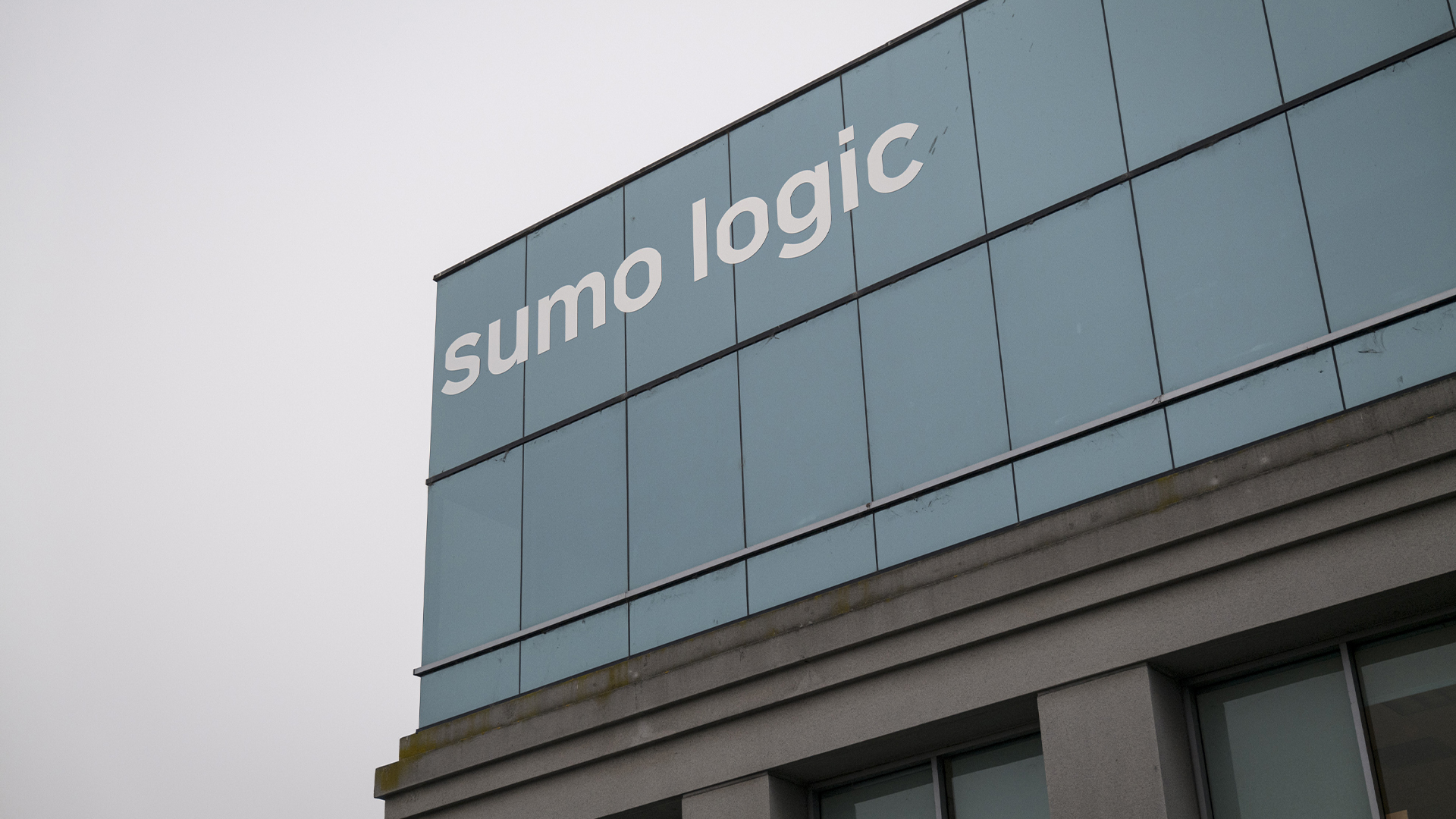Giving innovation wings
From Concorde to cloud computing, the UK produces great innovations, but how robust is today’s technology sector?

Sign up today and you will receive a free copy of our Future Focus 2025 report - the leading guidance on AI, cybersecurity and other IT challenges as per 700+ senior executives
You are now subscribed
Your newsletter sign-up was successful
It is no accident that there are clusters of hi-tech companies in Scotland and in Cambridgeshire, for example. The attractions of links to Britain's second-oldest university prompted no less an organisation than Microsoft to locate R&D labs there, and the area has spawned hi-tech companies such as search algorithm developer Autonomy, chip designer ARM and Bluetooth and wireless specialist Cambridge Silicon Radio to name but three.
And there are rich seams of academic research that innovative companies can tap into, if they know where to look, according to Steve Maynard, a director of Zubed Geospacial, a software start-up founded by IT services company Triad Group.
"We are not about the pure science: we don't have access to all the semantic agents or web and mapping technologies ourselves. We are about applying these to make real applications," he said.
Without access to the research and semantic tools developed by the academic community - and which Zubed has been able to use on an open-source basis - it is unlikely that either the product or the company would have come into being, according to Maynard.
Snake in the grass
It would, though, be wrong to suggest that innovators in the IT sector have it all their own way. As Zubed's Steve Maynard points out, there is high-quality expertise in the UK research community, but it can be hard for outsiders to find out which research teams are carrying out relevant work. There is no "one stop shop" to connect ICT businesses and researchers, he says. Zubed turned to informal and personal networks to find research teams that, in the end, were based a few miles away.
Finding skilled staff to work on new projects is also a challenge.
Sign up today and you will receive a free copy of our Future Focus 2025 report - the leading guidance on AI, cybersecurity and other IT challenges as per 700+ senior executives
Several universities have cut theoretical science courses and demand for places on "hard" degrees, including computer science and engineering, remains low. Gartner's Nick Jones suggests that this is a worrying trend, as a strong basic science base is needed as a foundation for the IT and telecoms industries.
Funding for postgraduate work is also difficult to come by, even for the brightest graduates, and employers also argue that the graduates they can attract, lack transferable the skills and business acumen needed to turn ideas into reality.
-
 Sumo Logic expands European footprint with AWS Sovereign Cloud deal
Sumo Logic expands European footprint with AWS Sovereign Cloud dealNews The vendor is extending its AI-powered security platform to the AWS European Sovereign Cloud and Swiss Data Center
-
 Going all-in on digital sovereignty
Going all-in on digital sovereigntyITPro Podcast Geopolitical uncertainty is intensifying public and private sector focus on true sovereign workloads
-
 IDC: The business value of IBM Maximo
IDC: The business value of IBM MaximoWhitepaper Integral to the transformation of asset management
-
 Predicts 2024: Sustainability reshapes IT sourcing and procurement
Predicts 2024: Sustainability reshapes IT sourcing and procurementwhitepaper Take the following actions to realize environmental sustainability
-
 Advance sustainability and energy efficiency in the era of GenAI
Advance sustainability and energy efficiency in the era of GenAIwhitepaper Take a future-ready approach with Dell Technologies and Intel
-
 2024 State of procurement report
2024 State of procurement reportWhitepaper The trends shaping the future of business buying
-
 Digital optimisation paves the way to strategic supplier management
Digital optimisation paves the way to strategic supplier managementWhitepaper Procurement’s role as a strategic driver
-
 Bringing order to the file management chaos plaguing AEC firms
Bringing order to the file management chaos plaguing AEC firmswhitepaper How a cloud-based solution, supported by edge technology, helps architecture, engineering, and construction firms boost performance and cut costs
-
 File data services to support modern manufacturing
File data services to support modern manufacturingwhitepaper Smart file data services deliver resilience and intelligence to the modern manufacturing organization
-
 Innovation in product development
Innovation in product developmentwhitepaper The latest data on how successful product development teams collaborate to build the future